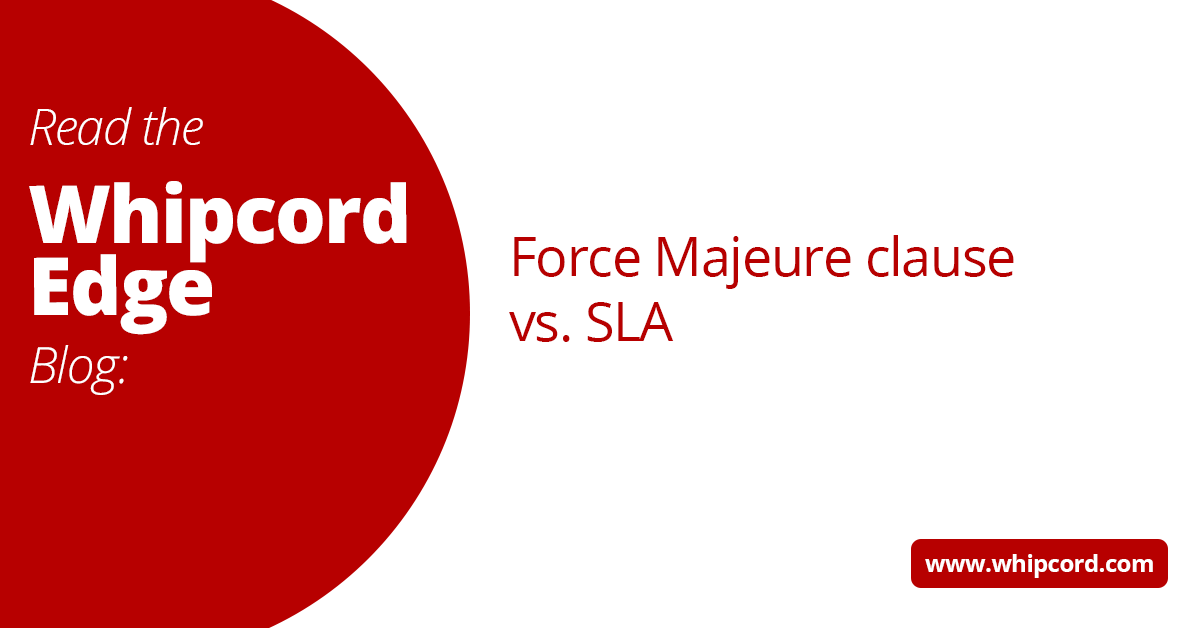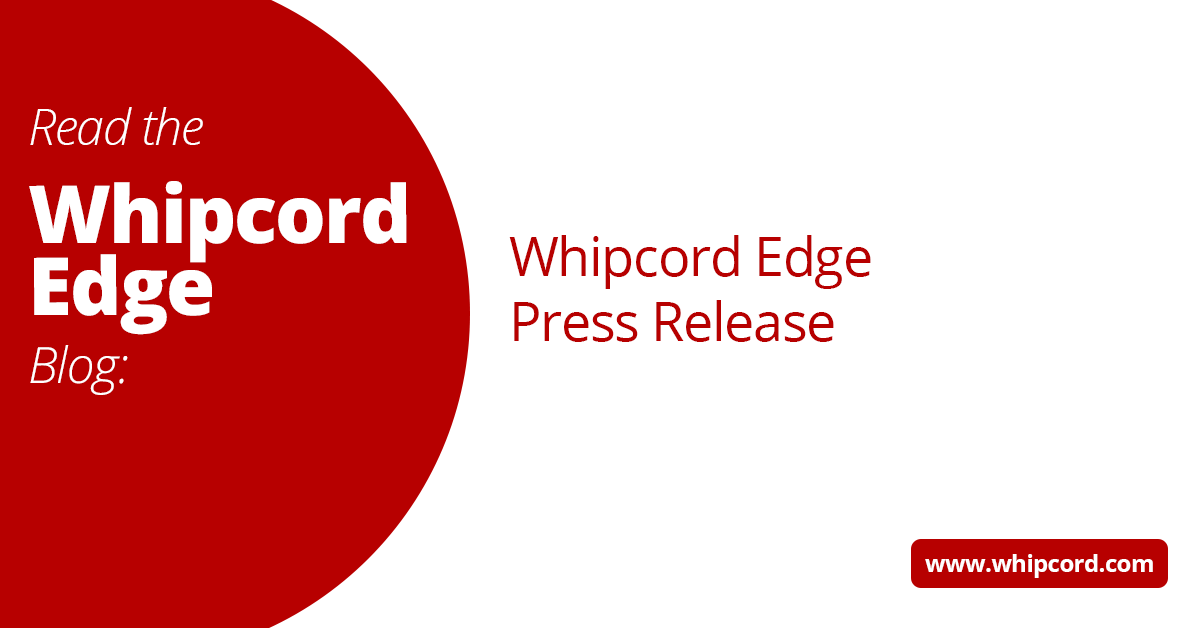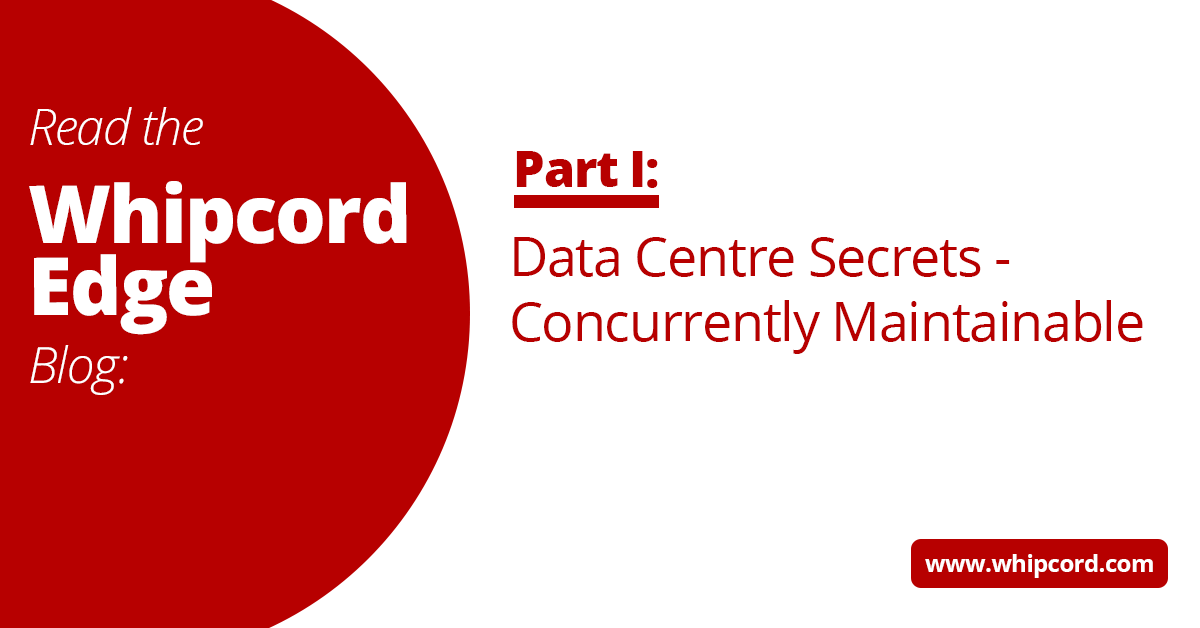Below is a great article reprinted with permission. See links below to the original posting from Darren Ghan of Data Centre Legal Services.
A quick summary is that you should pay close attention when reviewing the Force Majeure clause from your Data Centre or Cloud Provider. These clauses SHOULD be about responsibility of your service provider when something unforeseen occurs (such as civil unrest).
Should it absolve your provider if they run out of diesel fuel for their generators? What about if they have a service interruption because they haven’t been maintaining their UPS systems? If you selected a provider based on price, and they accordingly have less infrastructure; for example, One Generator instead of redundant Generators…does their Force Majeure clause let them off the hook? Things to consider carefully when you choose a partner and perhaps get some help from Darren if you have questions.
The full article follows:
What is a Force Majeure clause (“FMC”) and what effect can it have on your facility power SLA?
A Force Majeure clause is a standard clause in many agreements that most people consider to be ‘boiler plate’ and, therefore, they don’t spend a lot of time reviewing. However, a Force Majeure clause cannot only negate your service providers SLA regarding your supply of power, but can also undermine the reason you chose to use a data center in the first place.
In essence, an FMC relieves a party of performing its contractual obligations if an event occurs that could not have been reasonably foreseen by the party affected and is beyond the party’s control. Sounds reasonable enough, but many of these clauses then proceed to list examples of events that fall under the FMC, and this is where the danger lies. FMC can sometimes include “accidents”, “inability to secure fuel, power and materials”, “mechanical breakdown” and “failure of equipment or machinery” among other hazards.
Your data center has systems designed to reduce the likelihood of an outage such as multiple incoming utility feeds, redundant UPS and redundant backup power supplies. These systems are the very reason you use a data center, so relieving your provider of its obligations due to ‘mechanical breakdown’, ‘failure of equipment or machinery’, ‘inability to secure fuel’ or another related FMC event not only negates the whole reason behind using a data center in the first place, but also makes the SLA guarantee with respect to power completely useless.
The lesson to learn from this: many so called “boiler plate” contractual clauses were conceived before the internet age and may not be suitable to new, modern IT contracts. Always be sure to read your entire agreement to ensure it reflects your expectations.
Reprinted with permission.
-1.png?width=1092&height=792&name=logo%20(1092x792)-1.png)
%20copy(black%20letters).png?width=1092&height=792&name=logo%20(1092x792)%20copy(black%20letters).png)




.png?width=100&height=91&name=white%20logo%20(100x91).png)